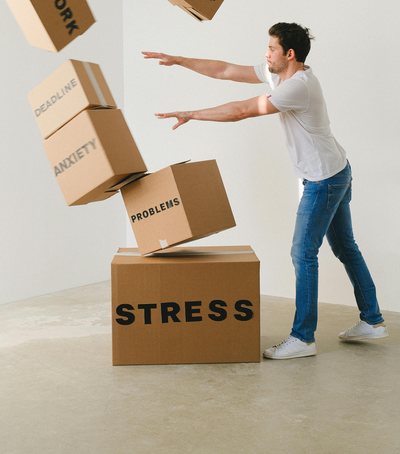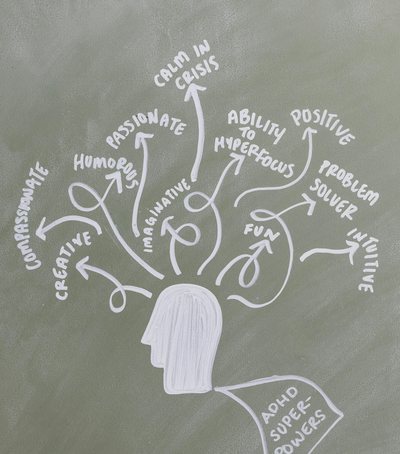
I am sharing my story with you, because I know I am not alone, - writes Patric Gagne .
I started stealing before I could speak. At least, I think I did. When I was six or seven I had a box full of stolen things.
To be clear: I am not a kleptomaniac. You are called a kleptomaniac when you have a constant and irresistible desire to take things that do not belong. I suffered from a different kind of urge, a compulsion caused by the discomfort of apathy, the almost indescribable absence of shared social emotions like shame and empathy.
I didn't understand any of this then. I just knew I didn't feel things like other kids. I didn't feel guilt when I lied or compassion when my classmates got hurt on the playground. For the most part, I felt nothing, and I didn't like feeling 'nothing'. So, I did things to replace nothing with... something.
Stealing was not something I necessarily wanted to do. It was simply the easiest way to stop the tension. I first made this connection when I was in first grade, sitting behind a girl named Clancy . The tension had been building for days. Without knowing exactly why, I was overcome with frustration and felt the urge to do something violent.
I liked Clancy and I didn't want to steal anything from him. But I wanted my brain to stop throbbing and part of me knew it would help. So, carefully, I bent down and removed the ribbon from her hair. So, I felt better. As if I was freed. I didn't know why, but I didn't care. I had found a solution.
- Patricia, where did you get this? Look me in the eyes! - said mine and grabbed my shoulders. - Someone is looking for this locket and is sad that they can't find it. Can you imagine how upset he must have been? – he asked me and I closed my eyes, trying to imagine what the master of the medallion felt, but I couldn't. - Honey, listen to me, - she continued, pleading. - Taking something that doesn't belong to you is theft. And stealing is very, very bad. – Again I felt nothing. Mom stopped. He didn't know what to do. He took a deep breath and asked me: - Have you done it before? - he asked. I nodded and pointed to the closet. Together, we took the box. I explained what the things were in it and where I got them from. After we emptied the box, he got up and said that we were going to return the items to the owners. I wasn't afraid of the consequences and I didn't regret it. So, I realized that this was not normal. In fact, returning the items made room in the box for other things I would steal. - Why did you take them? - mom asked me. I thought about the pressure in my head and the feeling that I had to do bad things.
- I don't know, - I answered.
- Yes... do you feel bad? - he asked me.
- Yes, - I said. I felt bad because I had to steal to avoid fantasizing about violence, not that I had hurt anyone.
Empathy, like remorse, never came naturally to me. I grew up in the Baptist church. I knew we should feel bad about committing sins. My teachers talked about honor and shame, which I understood but did not feel.
My lack of empathy made it difficult for me to form friendships. I wasn't bad, I was just different.
For more than a century, society has considered sociopathy untreatable and unserviceable. Sufferers are mistreated and shunned by mental health professionals who either don't understand or choose to ignore the fact that sociopathy, like many personality disorders, exists on a spectrum.
After years of study, intensive therapy, and earning a doctorate in psychology, I can say that sociopaths are not 'bad' or 'crazy'. We're just not empathetic. We act to fill a void. When I realized this about myself, I was able to control it.
It is tragic that all sociopaths are condemned to lives of hopelessness and lovelessness. The truth is, I share a personality type with millions of others, many of whom have good jobs, families, and real friends. We represent a truth that is hard to believe: There is nothing inherently immoral about having limited access to emotions.





